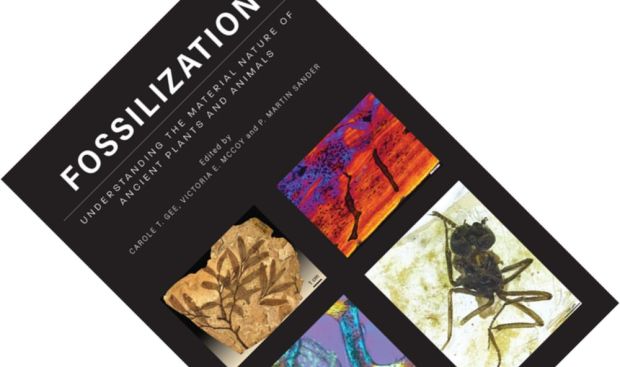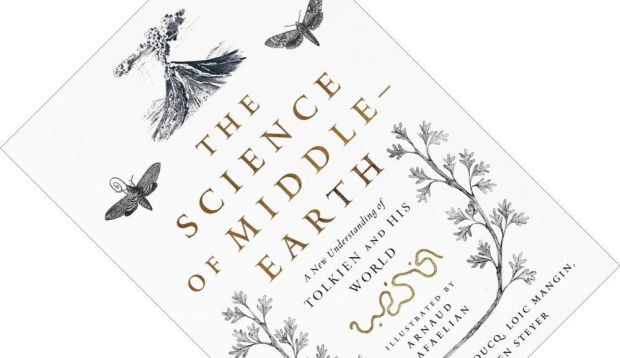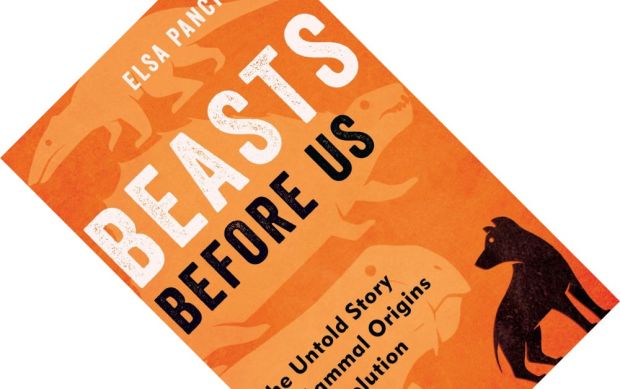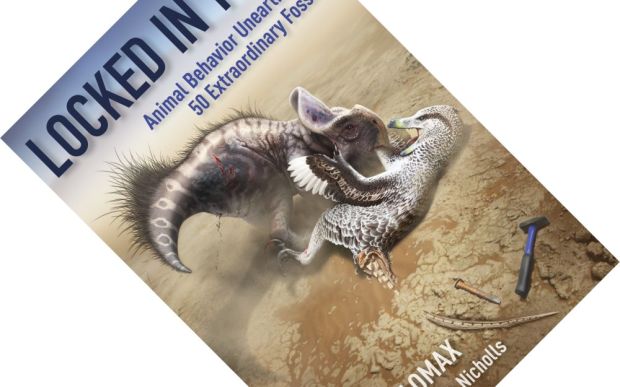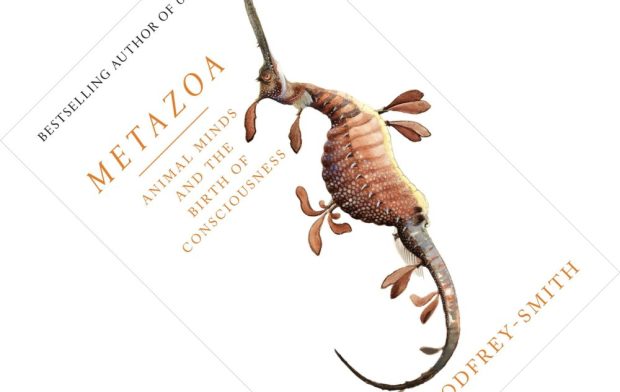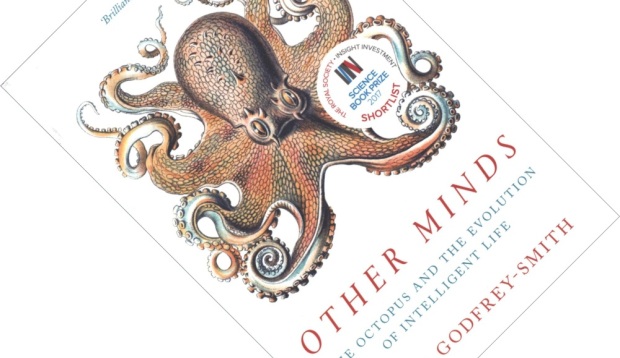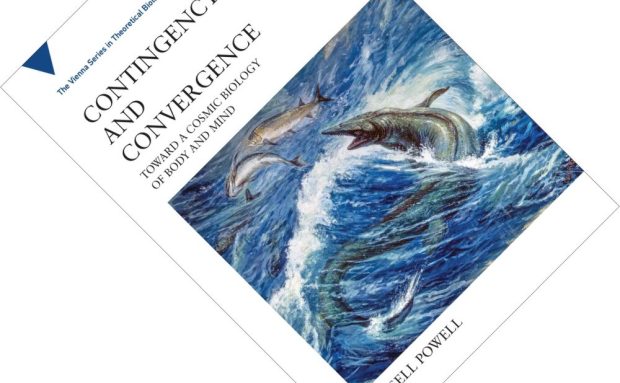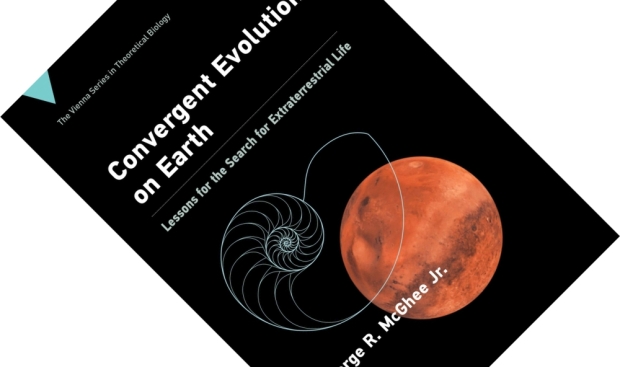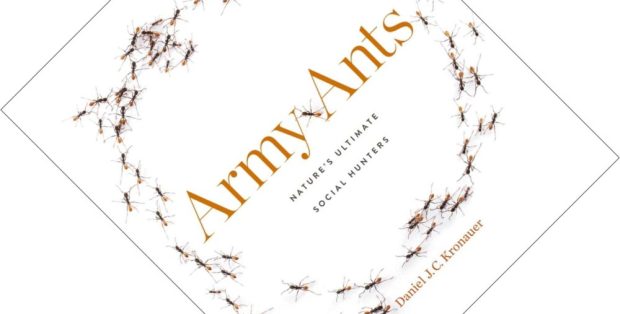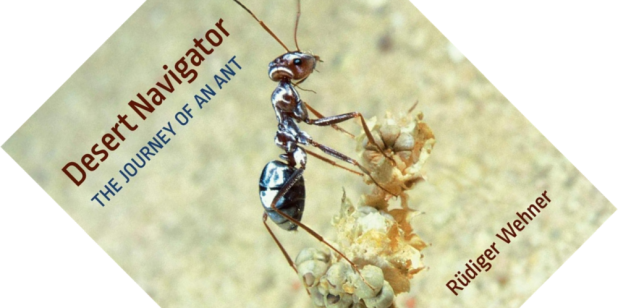6-minute read
Fossils are our prime source of information about life in the past. As I delve deeper into palaeontology and earth sciences, the process of fossilisation increasingly fascinates me. How does dead biological tissue fossilise? What information is lost, what is added, and what is distorted in the process? And, ultimately, how true or filtered a picture of past life does the fossil record provide? The edited book Fossilization brings together scientists from a range of disciplines working on cutting-edge topics. The result is a well-written if somewhat eclectic collection of chapters that addressed some of my queries and also answered questions I did not even know I had.

